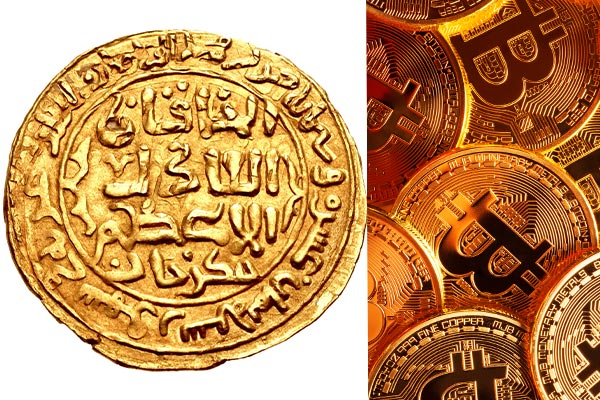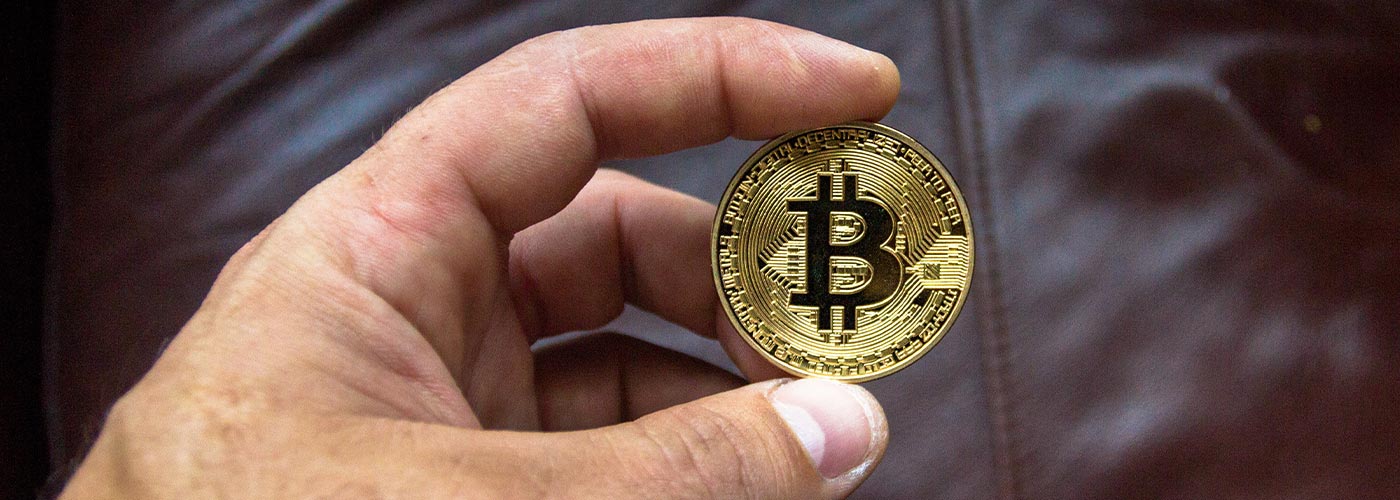Back in Louisiana, where I grew up, I have a stash of gold coins socked away…Austrian ducats, Dutch guilders, Mexican pesos, things like that. There’s even an ancient gold coin—one of only 200 known to exist—from the Mongol reign of Genghis Khan in the 1200s.
I bought them over many years and stuffed them into a safe-deposit box. Today, they represent many ounces of gold worth tens of thousands of dollars.
I own them for one, primary reason: They are a “store of value.”
By which I mean, they help me protect my wealth.
You see, every year the dollars in our pockets are worth less and less.
This happens for two reasons: inflation and Uncle Sam’s love of printing money. And right now, both these problems are spiraling out of control.
In April, the prices of consumer goods rose at their fastest pace since 2008. I’m sure you’re seeing that every time you go to the supermarket.
Meanwhile, Uncle Sam is in the midst of a money-printing bonanza, as he issues vast amounts of debt to pay for his profligate spending.
As more and more dollars are created, the value of the hard-earned dollars in our bank accounts is collapsing.
So, I want to own assets the government has no control over and can’t devalue. Assets that, over the long term, I am convinced will keep their value relative to the cost of living.
Throughout history, our main option in this regard was gold. But now, we have a new choice: bitcoin. (And, yes, I say that despite the loony week bitcoin has had.)
You may have heard this idea over the last year that bitcoin is the modern, digital equivalent of gold—an asset that you can use to store and protect your wealth.
But is that really true?
As a crypto investor and crypto expert, I’ve spent a lot of time thinking about this. It plays into a larger story—the role bitcoin will play in our future.
When I first started out in crypto back in 2017, I would have said no. Bitcoin back then was an investment novelty that was largely popular among techies and super early-adopters chasing quick gains.
But today, with the way the crypto industry has changed, the answer is unequivocally yes. Bitcoin is digital gold.
So much evidence exists to support that statement. The most compelling is this: Insurance behemoths New York Life, Liberty Mutual, Mass Mutual, and others have traded hundreds of millions of dollars of their own assets for bitcoin.
Insurance companies are not known for their plucky, devil-may-care attitude when it comes to risk. They’re as buttoned down as a 1950s undertaker. Yet here they are making a big financial commitment to crypto because they recognize it as…yes, a store of value.
They recognize that just as every portfolio needs gold for asset protection, it also needs bitcoin.
Which gets to us—me and you.

I’ve long been buying gold coins to help protect my nest egg. Now I’m buying bitcoin too…just like the big insurance companies are.
Main Street savers and investors are often the very last to know about opportunities like this. We get our information from the mainstream media, which is swayed by the big investment banks. And as we learned in the Global Financial Crisis, those banks are happy to lead ordinary investors astray—until they need us back in the fold.
That’s usually at the point where they’re ready to sell, and need buyers to snap up at higher prices the very same assets they told us not to buy at cheaper prices. Or it’s when they’re ready to market new services they’ve been working on.
To wit: How very convenient that JPMorgan panned crypto as a waste of money a few years ago, but now praises it as an asset its wealthy clients should own—and, oh by the way, you can buy and store your crypto with us.
Notice, though, that it’s wealthy clients. Not Main Street America.
That’s where I come in.
I’m Main Street America. I’m the average guy looking for opportunities for other average savers and investors like me. And bitcoin is one of those opportunities—one of the biggest ever because of the way it is reshaping the financial world.
Bigger changes are coming.
I’m not going to tell you it’s a smooth ride. It’s certainly not.
But I am telling you that the ride—bumpy as it is—will be worth it.
Bitcoin at this point has become an essential store-of-value asset. It very much is digital gold. Only it has some big advantages over gold, since I can move it, buy it, and sell it more easily and quickly.
Ultimately, bitcoin is going to play a much bigger role in the world of finance, and on a much bigger scale. Mark my words on that. And the reason it will do so is because it has proven itself to be digital gold.

